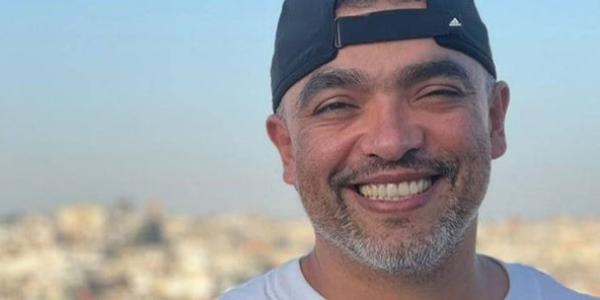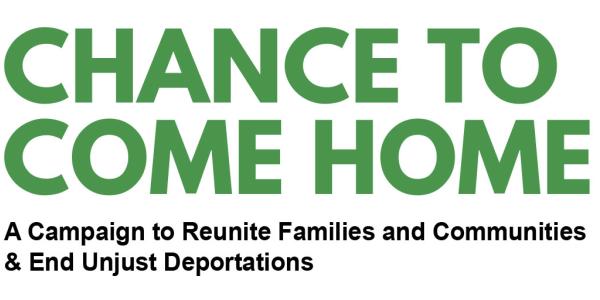“I knew what was waiting for me when I got off the plane in Honduras.”
Carlos, now 42, came to the United States as a young child to reunite with his mother who lived in California. He grew up in an area with heavy gang activity, and joined a gang at a young age. At age 15, Carlos’ life changed forever when he committed a murder as part of his initiation into the gang. Carlos immediately confessed to his crime and, despite his young age, the district attorney prosecuted him as an adult. Carlos pleaded guilty and accepted a sentence of 15 years to life. During his time in prison, Carlos renounced his gang membership and served as a youth mentor, hoping to prevent young people from making the same mistakes he did. After 22 years, the California parole board granted him parole, noting Carlos’ significant rehabilitation and impact on his community. Upon his release, however, ICE arrested and detained Carlos. After over two years waiting to be released, during which he advocated for ICE to improve conditions for him and other detained immigrants, Carlos agreed to his own deportation to protect his deteriorating mental and physical health and to finally end his decades of incarceration. Carlos continued to fight his immigration case from the outside, believing that one day he woul prevail and he would be able to return home.
Read Carlos' story in Mother Jones
Rehabilitation & redemption
Carlos’s adult life has been built around his feelings of remorse for the actions he took as a teenager, and his commitment to help young people avoid making the same mistakes he made. During his time in prison, Carlos committed himself to becoming a better person, renounced his gang ties, and worked as youth mentor to help young students in nearby school districts, as well as young offenders serving time alongside him, avoid engaging in gang-related and other dangerous behavior. The parole board’s early release determination included a clear finding that Carlos was not a threat to public safety.
ICE detention & deportation & activism
After two decades of incarceration, however, Carlos was not allowed to return to his family and community. Instead, ICE immediately transferred him to immigration detention in the Yuba County Jail. There, Carlos participated in numerous hunger strikes to protest the psychological, emotional, and physical abuse he and others endured at the hands of jail guards and ICE. After nearly two years, Carlos could no longer take the physical and psychological abuse and made one of the hardest decisions in his life: he agreed to be deported to continue fighting his immigration case from the outside. He continued advocating for his brothers inside Yuba by joining the Yuba Liberation Coalition after his deportation, and played a central role in successful advocacy for ICE to end its detention contract with Yuba County.
Exiled in Europe
After he was deported to Honduras, Carlos relocated to another country to protect his life because he faced threats to his life based on his identity. Carlos is desperate to come home and care for his U.S. citizen wife, who left her life in the U.S. to be with Carlos, has multiple brain aneurysms, and cannot receive the medical care she needs in the country to which they fled.
Image
“Accepting deportation from detention was the hardest decision I ever made. I did not want my mom to have to come get me in a box; I did not want to die and not experience freedom. I knew what was waiting for me when I got off the plane in Honduras. I knew that people would be looking for me. I knew that people would want to kill me. But, I thought, if I could just run in Honduras, and say that I was free, I would at least give my mom that freedom to say, 'My son was free.' I was going to run and hide until I could not run and hide anymore.”
Despite winning his immigration case at the Ninth Circuit Court of Appeals, the Board of Immigration Appeals, and the immigration court, ICE refuses to return Carlos to the United States. In the meantime, Carlos, advocates, and members of the community are asking California Governor Gavin Newsom to pardon his conviction to help #BringCarlosHome. They are also asking DHS to exercise its discretion to grant his request for humanitarian parole so that he can reunite with his family and community.
Carlos is represented in his efforts to return by attorneys at Perkins Coie LLP and the ACLU Foundation of Northern California and in his efforts to seek a gubernatorial pardon by the ACLU Foundation of Northern California.
- Deported to Honduras in 2019 after 27+ years in the U.S.
- Targeted after deportation for renouncing his gang membership and forced to flee to another country
- Lived in Los Angeles, California
- Unable to obtain necessary medical care for his sick wife
Image
Read more stories:



